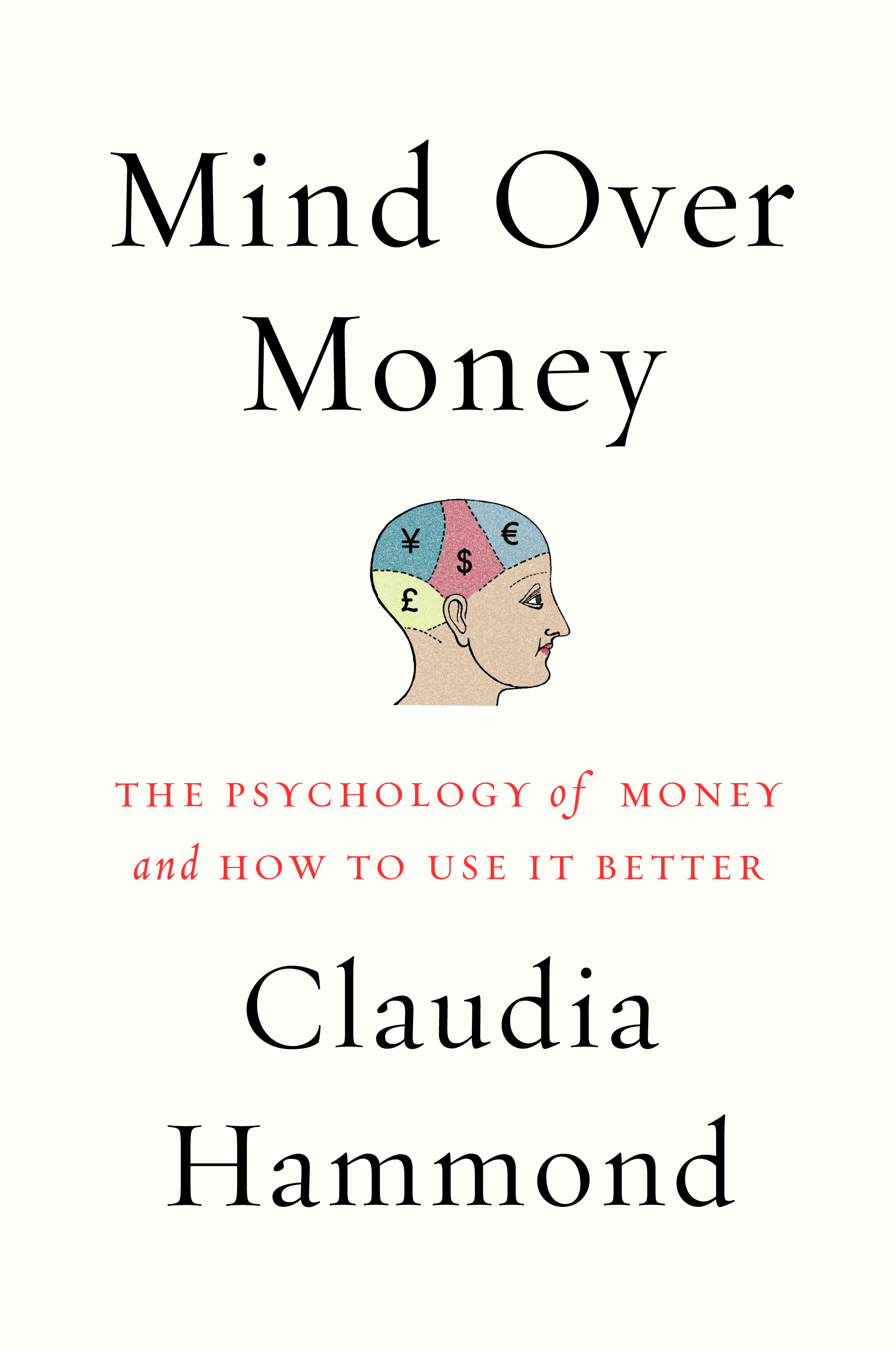
If you put someone in a brain scanner and give them something delicious—say, wine or chocolate—the reward centers of their brain light up. In other words, it making them feel good. But if you promise them a delicious item in the future, there’s no reward-center activity. If it’s not in our hands (or mouths), we don’t care.
Money is the rare exception to this rule, and recent studies show it has a unique ability to affect the way we think, feel and behave—even if we don’t physically have any, and even if we’re unaware its influence.
Just as most people think they’re better than average at driving, for example, they also think they’re better than average at negotiating a deal, which primes them to get ripped off. Moreover, if patients believe pain relief to be expensive, they tend to respond more to its effects.
But there are small changes we can make to have mind over money.
When people pay in cash instead of by card, they tend to spend less money, because they can see and feel the exchange. Additionally, we’re less likely to pull from our savings if it’s stored in a bank with a name that makes it sound geographically far away, according to a study from social psychologist Sam Maglio. And purchasing while grumpy often primes us to get a better deal.
Being aware of how we respond to money can also help us spot the clever tactics used by stores to entice us into buying more expensive goods. Imagine you’re buying a new laptop. Whether in store or online, you often see them displayed in threes—a cheap model, one costing a little more and then a sleek, fancy one with a high price to match. With the expensive one present, twice as many people go for the mid-priced one as they do when that expensive isn’t there, swaying your opinions. It’s known as the compromise effect. So next time you see something laid out in threes, beware the mid-priced item.
The most important mind hack, though, may be to spend money in ways that are proven to make us happier. Psychologist Elizabeth Dunn from the University of British Columbia has shown that the act of buying experiences makes us happier than that of buying material goods. We anticipate experiences more, and afterward, we’re left with the warm glow of our memories, whereas a new TV isn’t new for long. If you can pay in advance and divorce the pain of paying from the pleasure of the experience, it’s even better.
More Must-Reads from TIME
- Donald Trump Is TIME's 2024 Person of the Year
- Why We Chose Trump as Person of the Year
- Is Intermittent Fasting Good or Bad for You?
- The 100 Must-Read Books of 2024
- The 20 Best Christmas TV Episodes
- Column: If Optimism Feels Ridiculous Now, Try Hope
- The Future of Climate Action Is Trade Policy
- Merle Bombardieri Is Helping People Make the Baby Decision
Contact us at letters@time.com